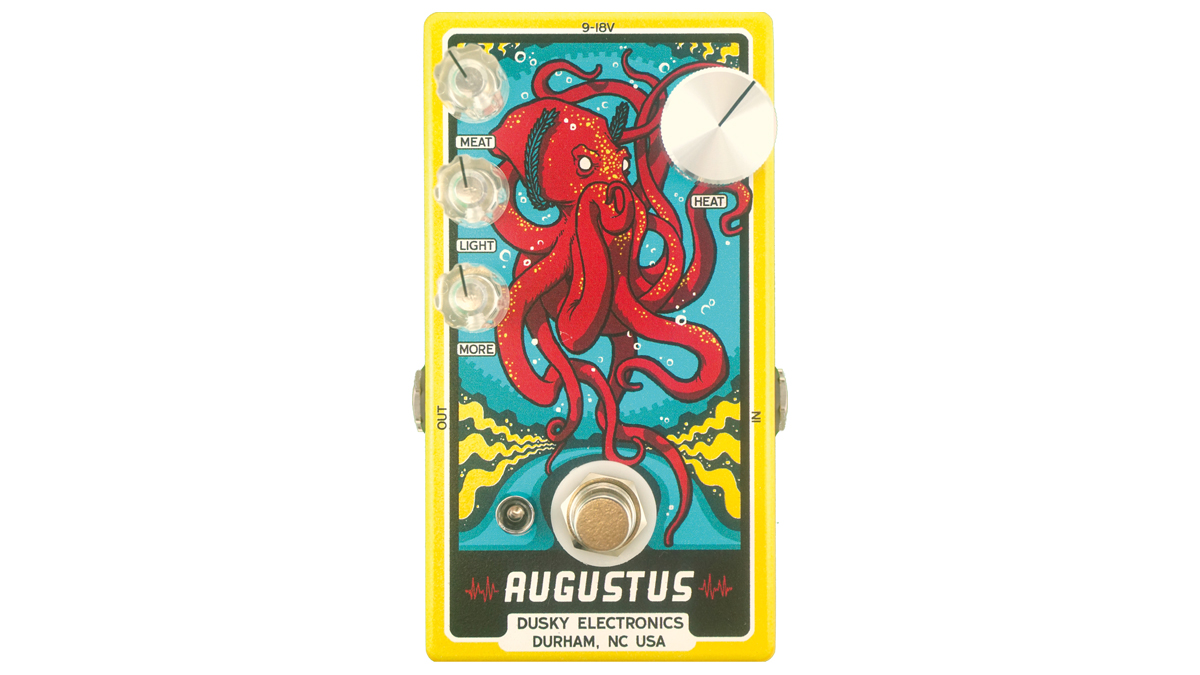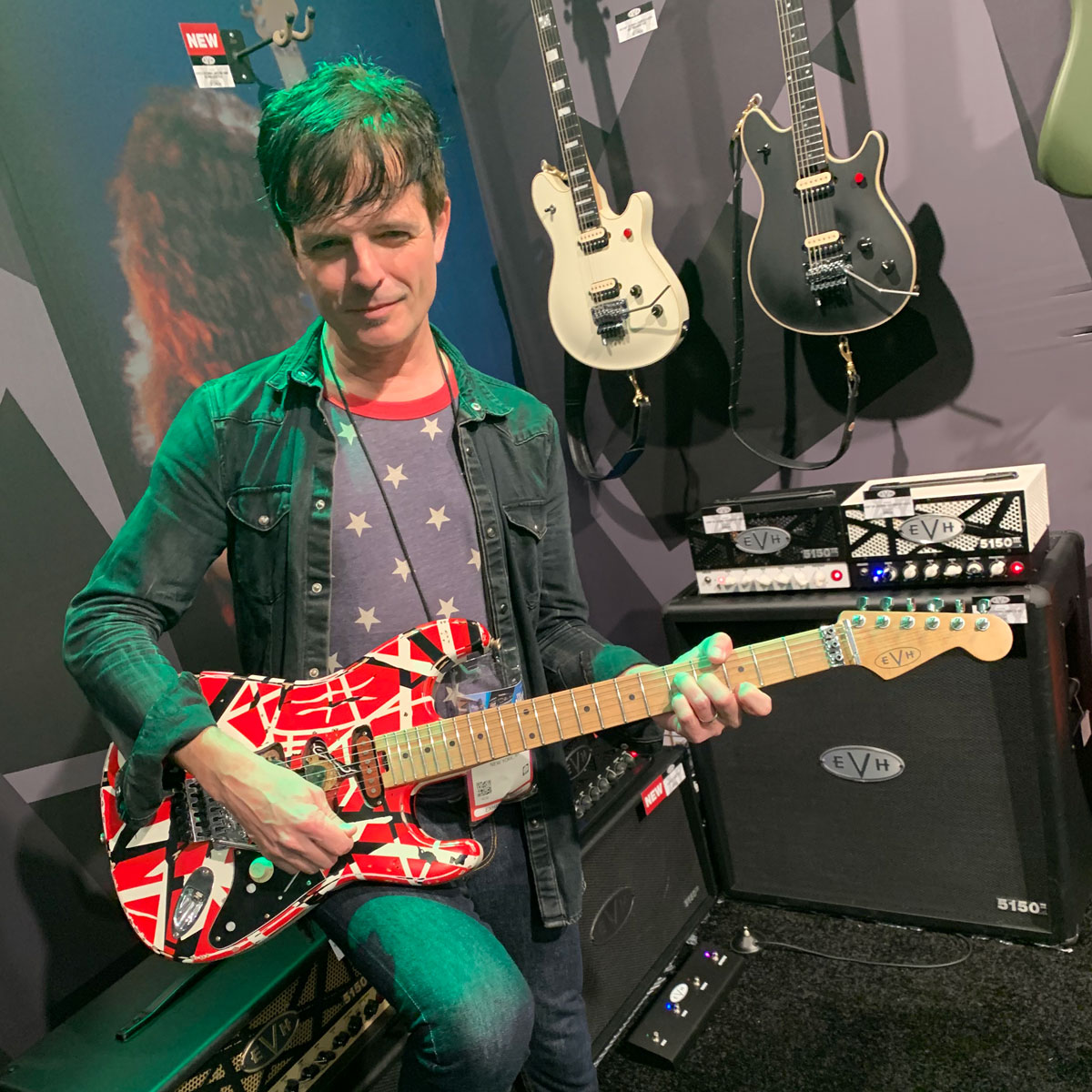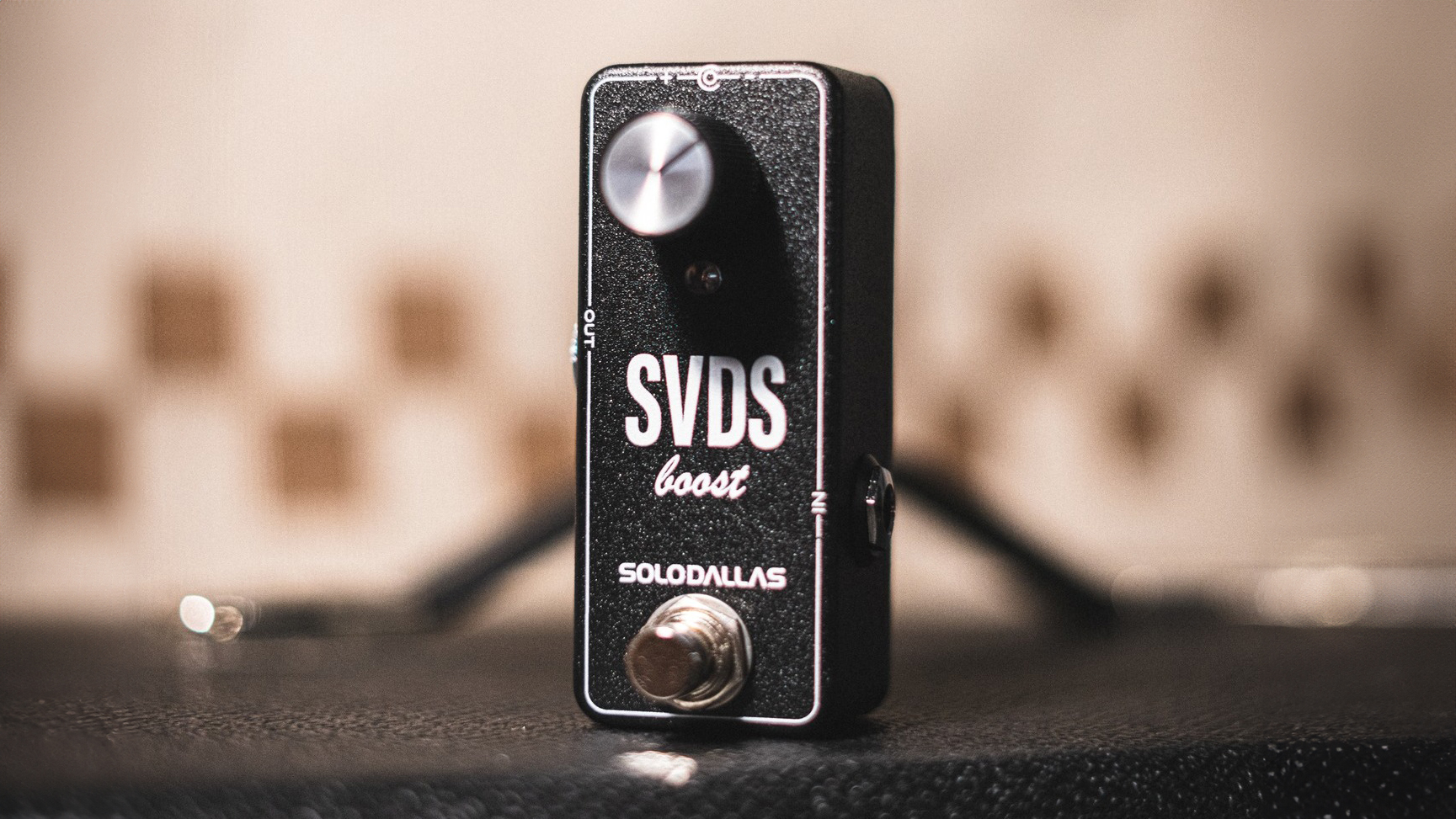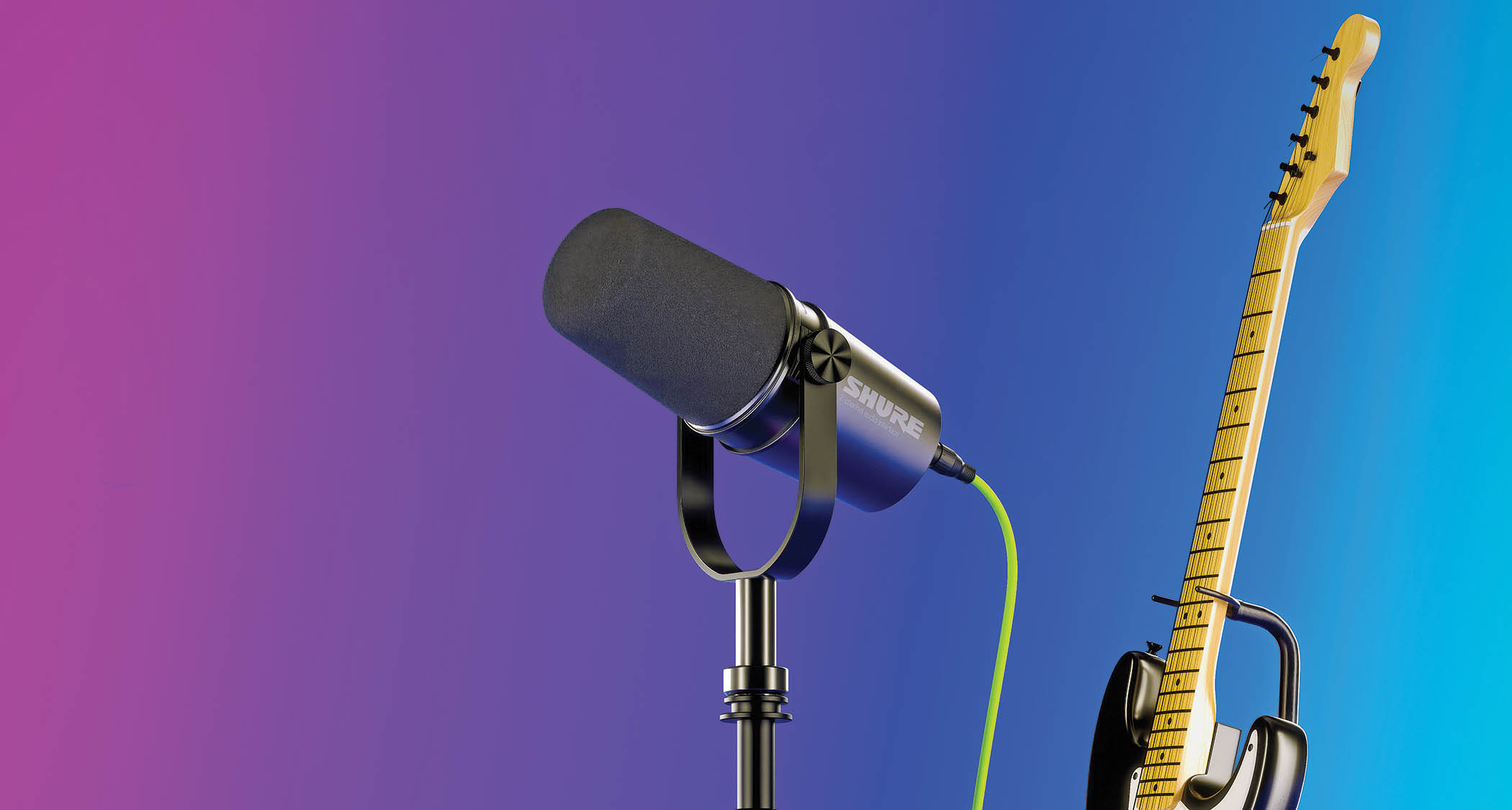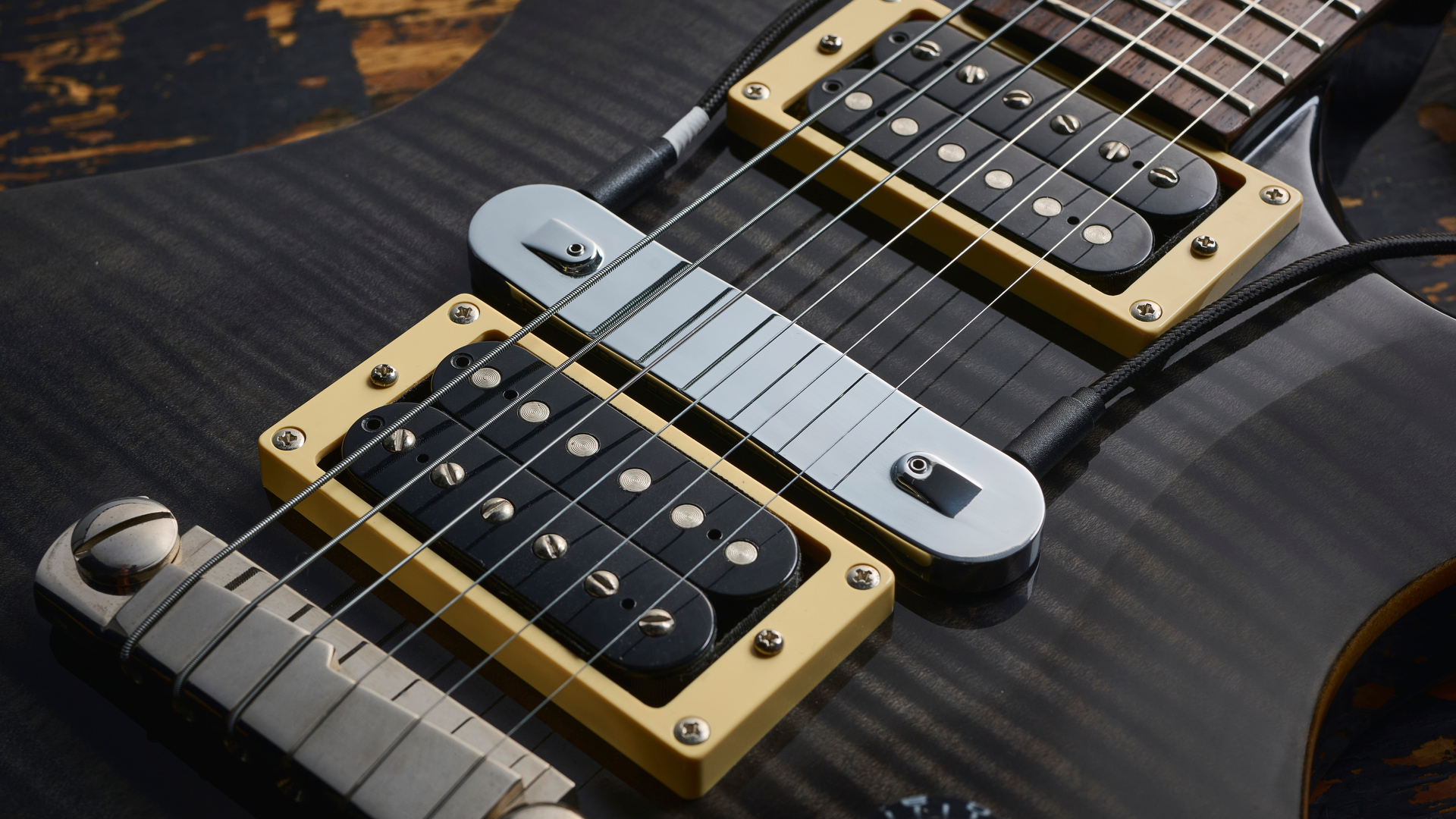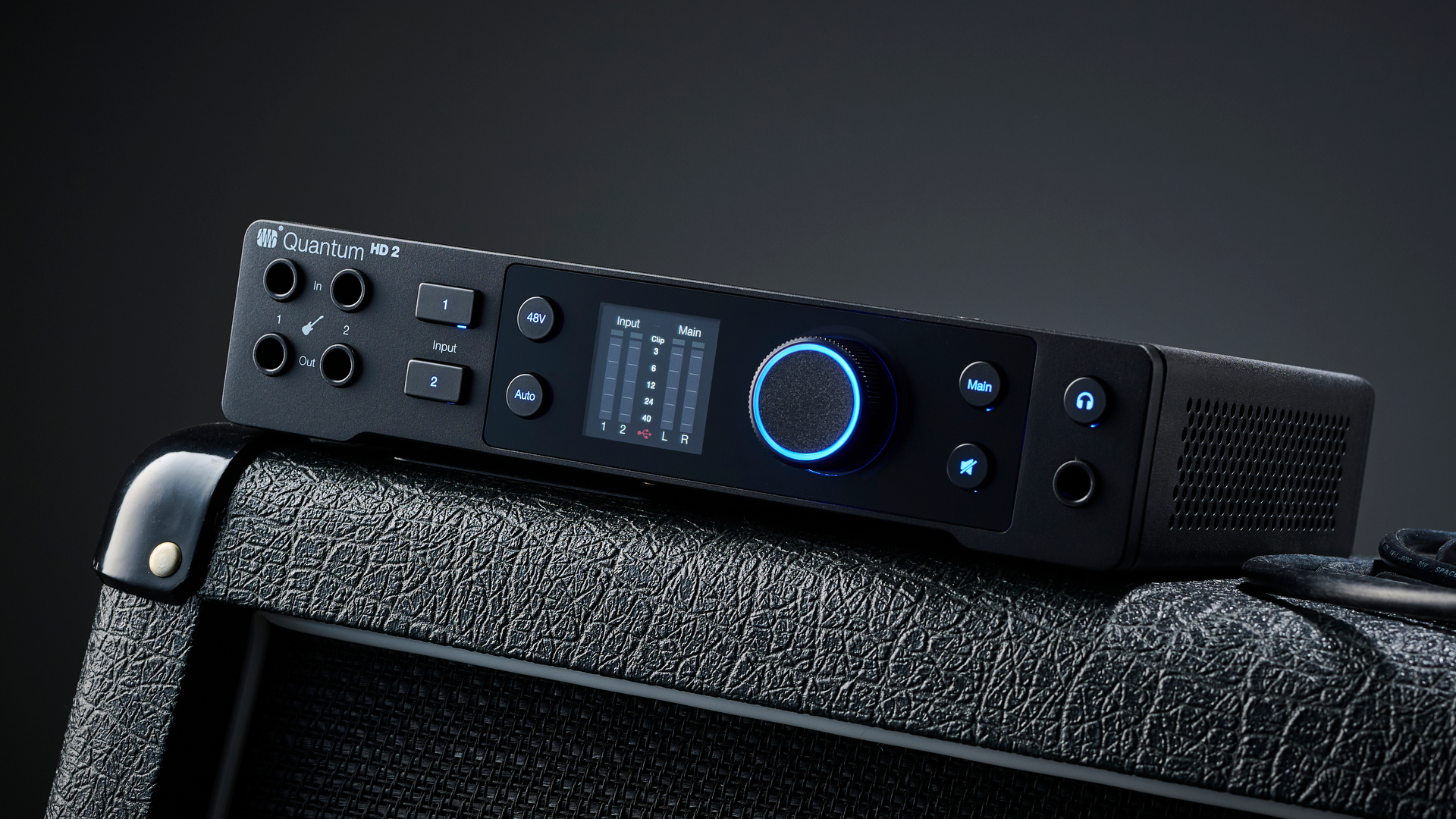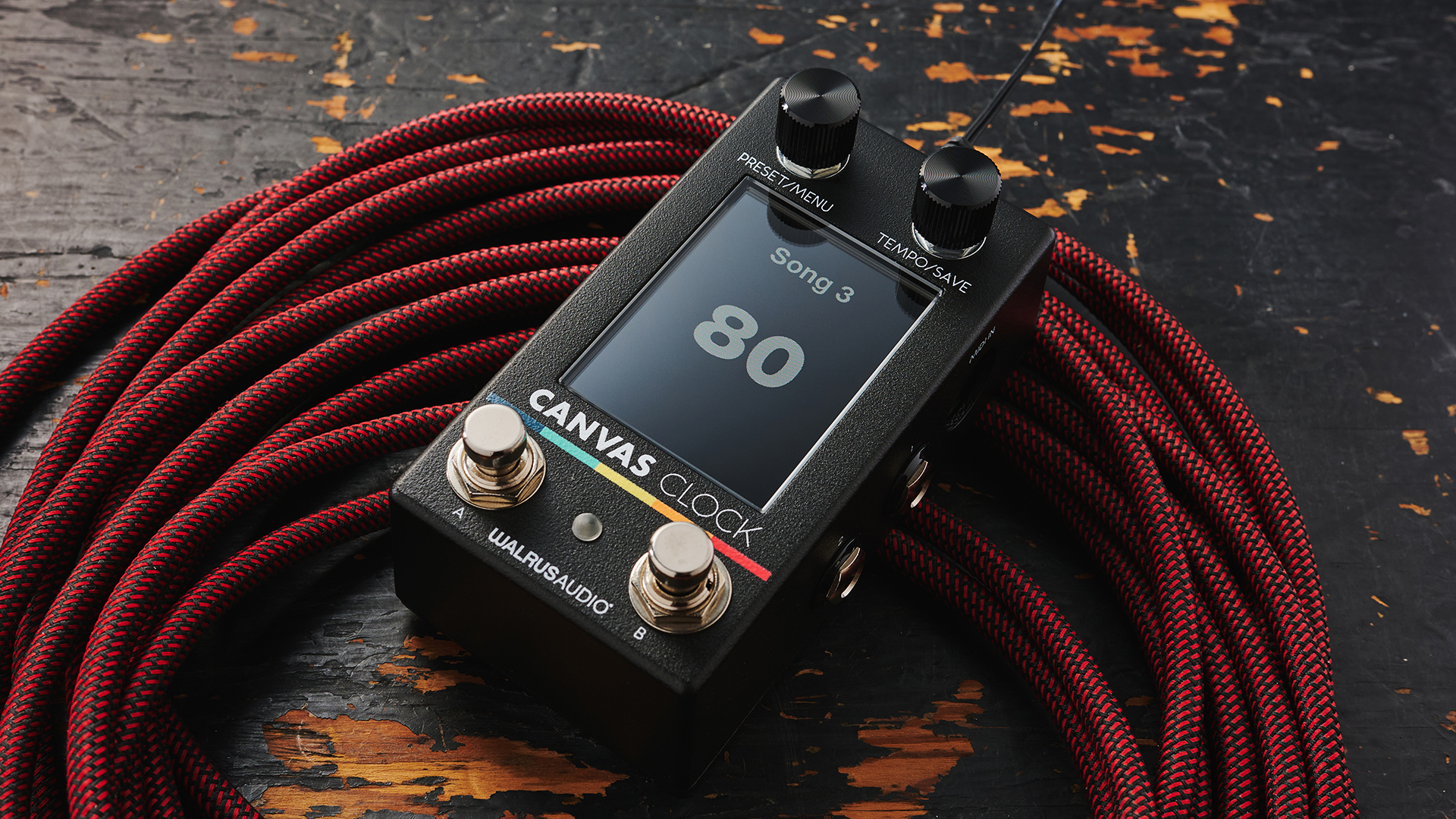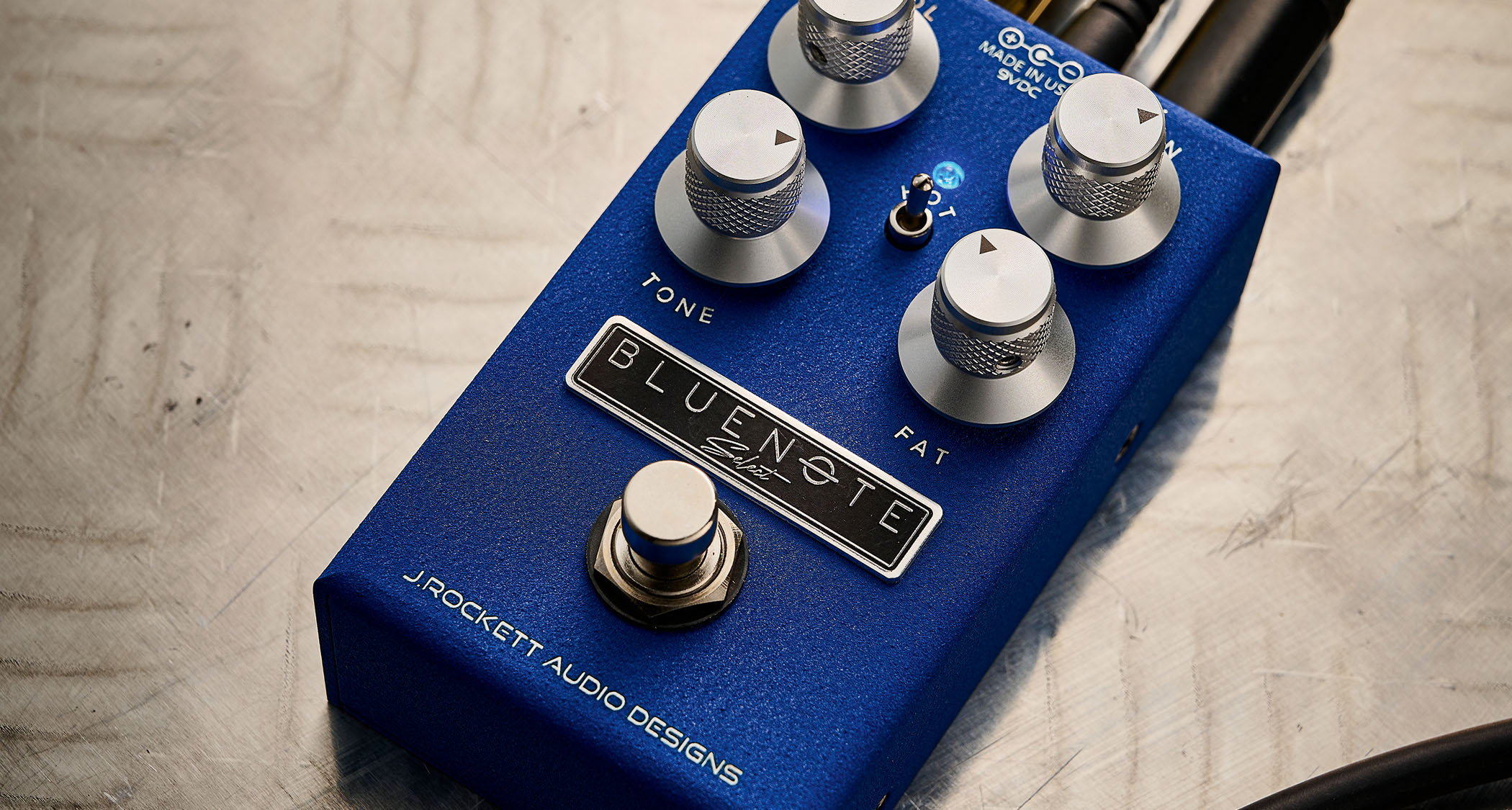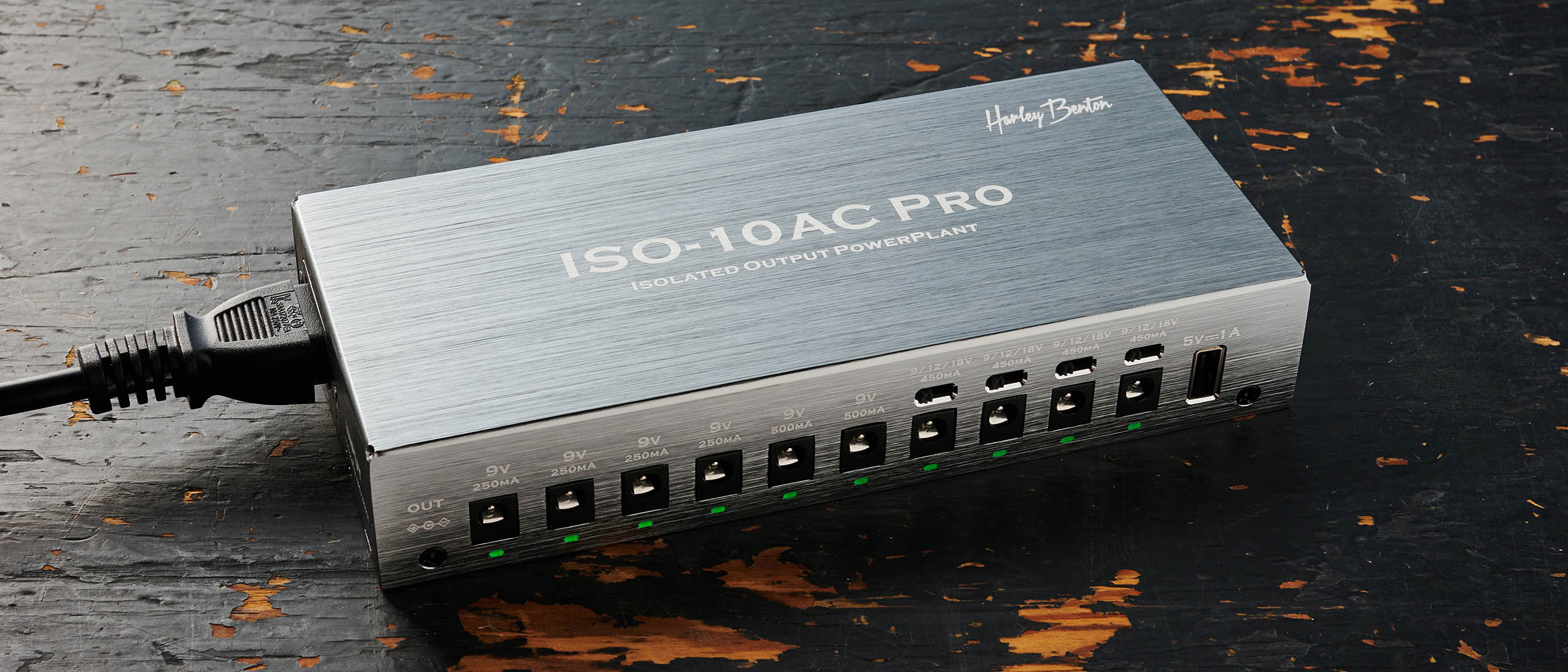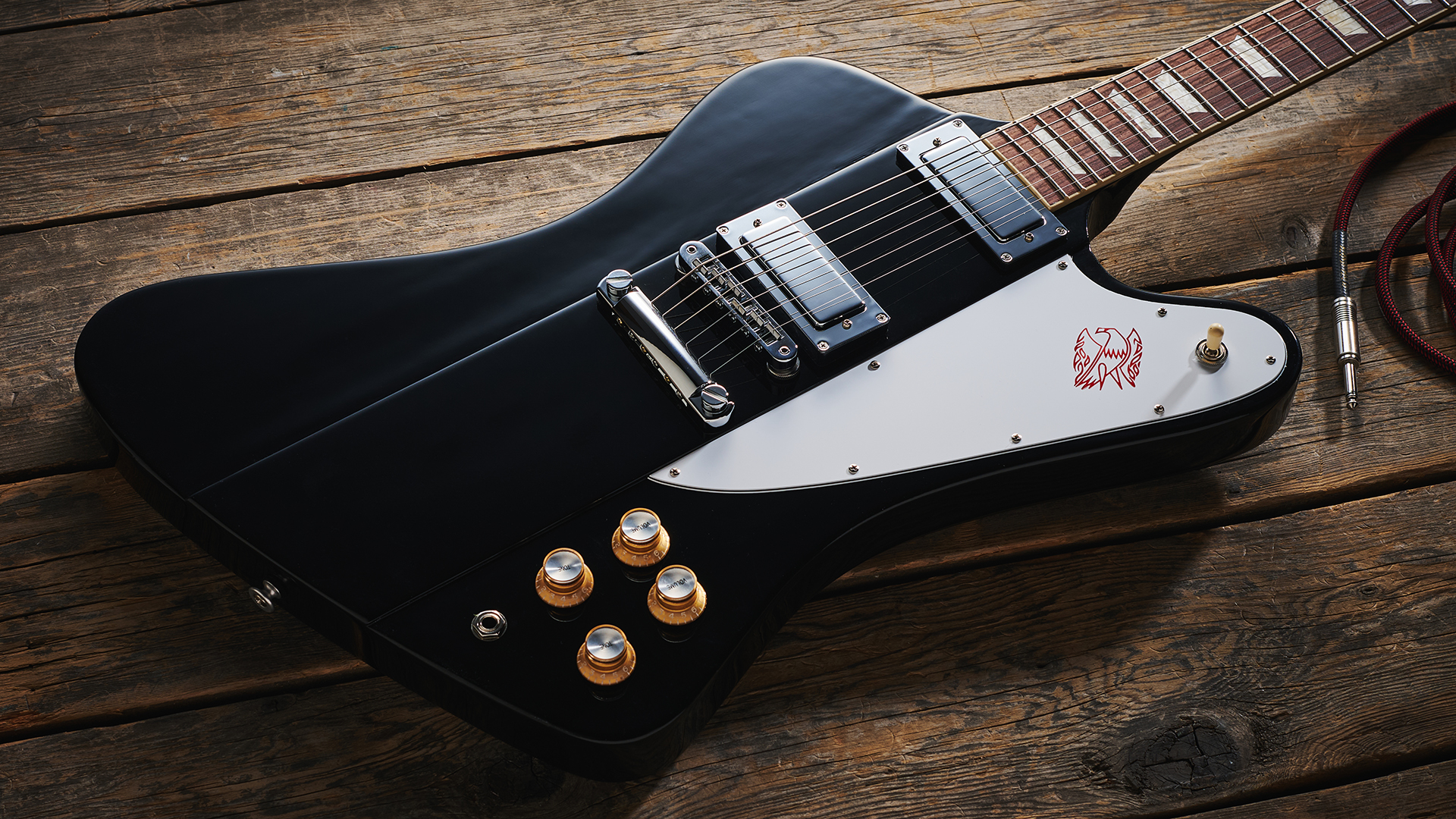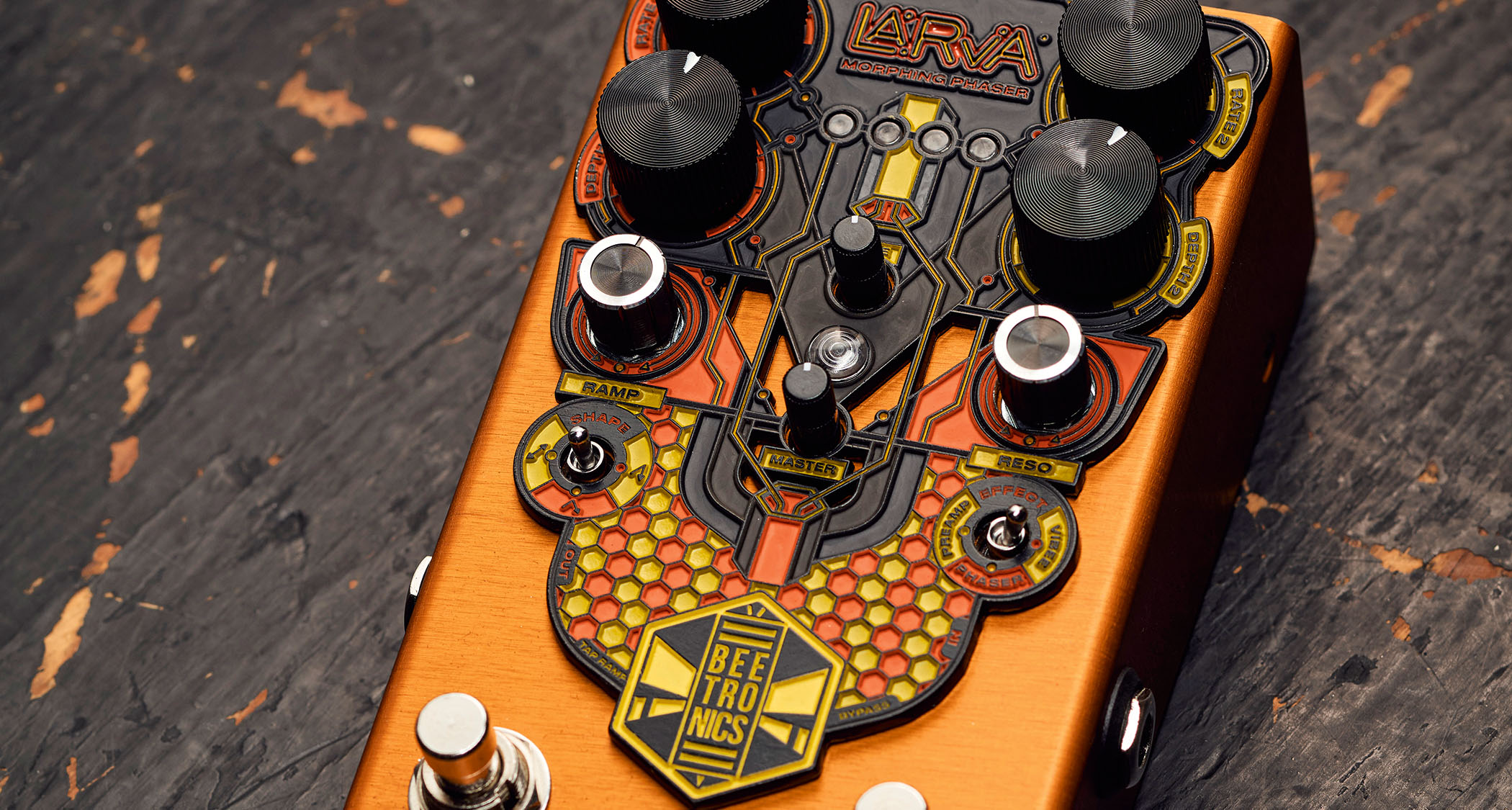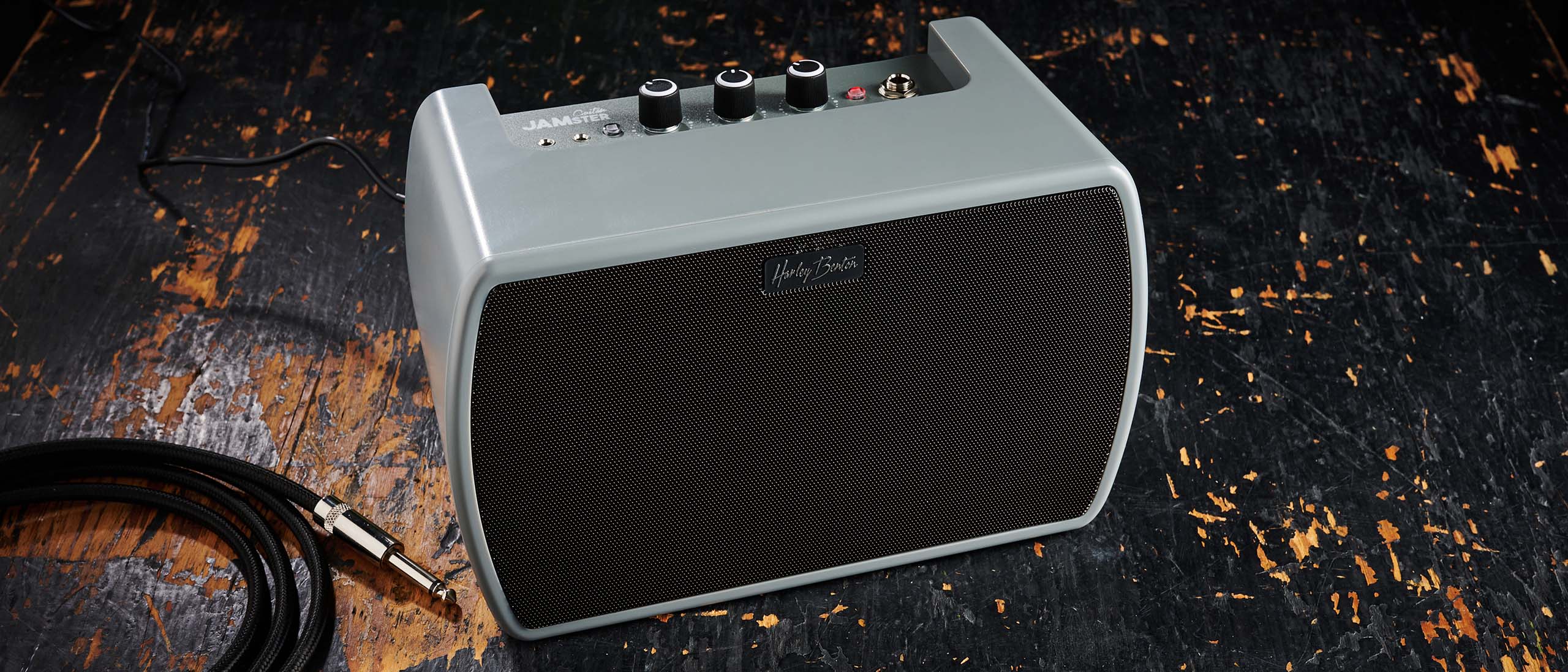Guitar World Verdict
A multilayered octave fuzz that can throw your guitar sound into some gnarly post-Octavia shapes, the Augustus is a sea monster stompbox that many a rock player would want on their pedalboard.
Pros
- +
Capable of some off-the-wall ring mod sounds.
- +
Adds texture at milder settings.
- +
Works well with chords and single notes.
- +
Excellent dynamics.
Cons
- -
Err, you're allergic to seafood?
You can trust Guitar World
It used to be the octave fuzz effect (also known as the “Octavia,” designed by Roger Mayer) was that one buried pedal you’d break out and blow the dust off when you needed to cover Jimi Hendrix’s solos on Purple Haze and Who Knows.
Not any more. Artists from Josh Homme to Kenny Wayne Shepherd have adopted some variation of an octave fuzz as part of their arsenal, not to mention an underground army of indie and alternative rock bands that continually use the octave fuzz to great effect (sorry).
Cue newcomer Dusky Electronics from North Carolina, with their Augustus octave fuzz pedal to completely breathe new life into this “dusty” effect.
Neither an “Octavia” clone nor a sub-octave fuzz, the Augustus is an original design that converts the incoming audio signal by “folding each wave in two to double its frequency.” This results in “severely mangling the waveform in the process,” according to the company. Now, I don’t know about you, but words like “folding” and “mangling” to describe an octave fuzz is something I want to explore immediately.
First off, the face of this octave pedal is emblazoned with a fearsome multi-tentacled octopus wearing a laurel wreath, which I’m assuming is a clever caricature of Caesar Augustus “Octavian” (I see what you did there, Dusky).
The solidly built Augustus features controls for Heat (amount of fuzz), Meat (bass content), Light (high-frequency content) and More (output volume). What’s neat is Meat and Light are subtractive EQ controls where it's best to roll them fully clockwise and work backwards to sculpt your preferred frequencies.
The pedal features a high-impedance input buffer, MOSFET input for increased response and dynamics, and can be run with a 9V battery or from a 9-18V power source (although Dusky notes that there’s no sonic benefit at 18V).
For the Augustus, it’s all about frequency content – where the interactive Meat and Light EQ controls offer surprising range for use as a thickening agent or subduing the overall shagginess to highlight the mids, which is why this musically textured pedal works great for stacking fuzzy octave timbres to just about any electronic instrument.
At 9 o’clock and up, the Heat knob dishes out piles of churlish distortion and turbulent sawtooth fuzz, and depending on how aggressively you pick or stab notes, the sputtering upper-octave ring-modulation effect always makes its presence known – even on cleaner settings.
For all its hirsute raucousness, the Augustus satisfyingly mangles its multilayered octave fuzz tones, and I’m thoroughly enchanted by this leviathan of a stompbox.
Specs
- PRICE: $200
- ORIGIN: US
- TYPE: Octave fuzz pedal
- FEATURES: Buffered, MOSFET input
- CONTROLS: Meat (Bass), Heat (Gain), Light (Treble), More (Volume)
- CONNECTIONS: Standard input, standard output
- POWER: 9V battery or 9-18V DC adaptor (9V recommended)
- CONTACT: Dusky Electronics
Paul Riario has been the tech/gear editor and online video presence for Guitar World for over 25 years. Paul is one of the few gear editors who has actually played and owned nearly all the original gear that most guitarists wax poetically about, and has survived this long by knowing every useless musical tidbit of classic rock, new wave, hair metal, grunge, and alternative genres. When Paul is not riding his road bike at any given moment, he remains a working musician, playing in two bands called SuperTrans Am and Radio Nashville.
“Its superpower is punching your guitar tone with presence, thickened gain and sustain”: SoloDallas SVDS Boost review
“Jimi was staying at a hotel in Times Square. He had his hair set in pink curlers and we would just talk band drama”: Electro-Harmonix founder Mike Matthews on befriending Hendrix, booking Chuck Berry and the birth of pedal culture
